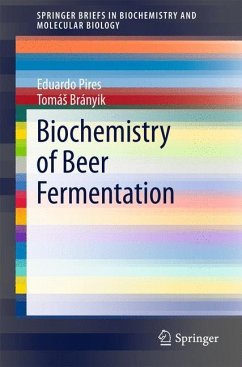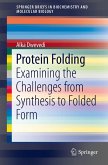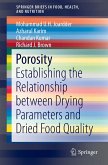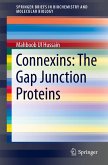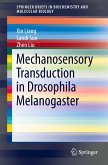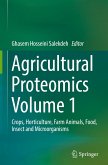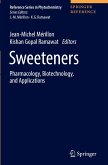Beer is the most popular alcoholic beverage in the world. Yet, behind each glass of beer there is an enormous amount of work invested. If the first image that comes to your mind is the lifting of heavy bags of malt or carrying kegs, guess again! Most of the work involved in brewing is carried out by "microworkers" - yeast and their enzymes! These special helpers are responsible for catalyzing the vast majority of the biochemical reactions occurring in all steps that gradually transform the sugary wort into beer. This book not only provides readers with an overview of the whole biochemical process involved in beer fermentation, but also reviews the latest findings in this delightful field, making it essential reading for both scientists and brewing enthusiasts
Bitte wählen Sie Ihr Anliegen aus.
Rechnungen
Retourenschein anfordern
Bestellstatus
Storno

